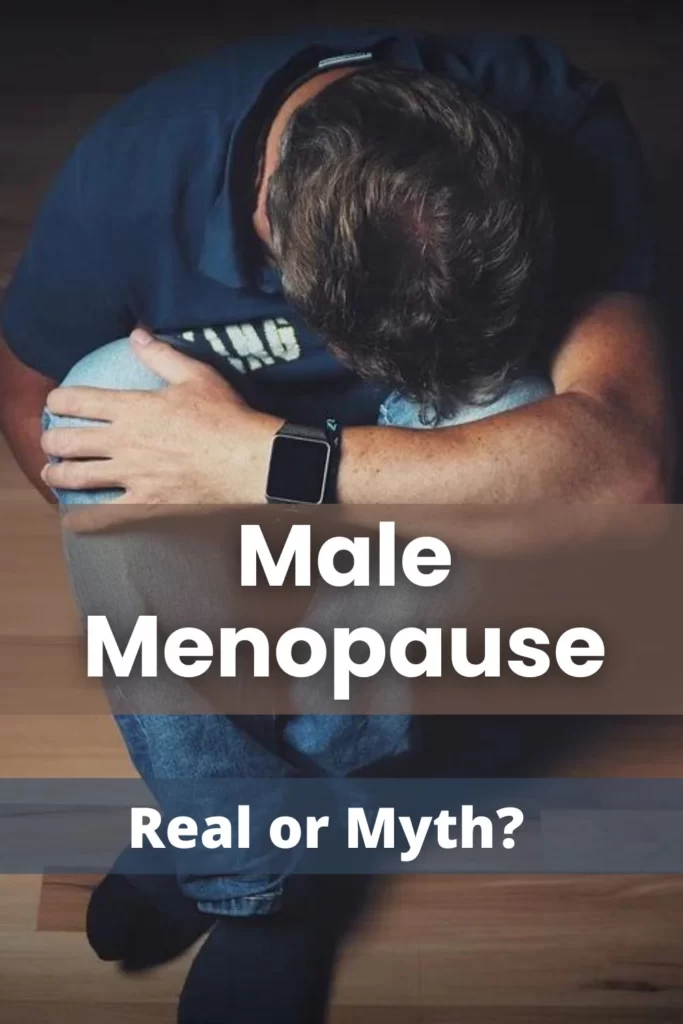Table of Contents
Exact Age
At what age does a man stop ejaculating? Most men stop ejaculating before they even reach the age of 30, and this is part of the normal process of aging. The exact age that men stop ejaculating depends on many different factors, including nutrition and fitness level, but it’s best to start paying attention to your personal body changes at around 25 years old as this can help you notice when you’ve stopped ejaculating and other health changes have begun to occur.
When does a man stop ejaculating?
While it’s natural to worry about when your body stops producing sperm or semen. And when you’ll begin to suffer from erectile dysfunction or general loss of libido, there’s good news for older men: Studies show that sexual desire and ability can peak at any point during our lives. In fact, some studies suggest that as we get older we tend to be less inhibited than younger adults. So if you’re worried about losing it, relax—your sex life may only get better with time!
How Does Age Affect Men’s Ejaculations?
As men get older, they don’t experience as many spontaneous erections. The kind of erection that occurs when you wake up in bed with morning wood or during sexual stimulation. This happens because testosterone levels decline with age (especially after the age of 40). Less testosterone means less DHT, and DHT is essential for spontaneous erections.
What is the age at which men stop having sex?
Men can begin having sex in their early teens and last into old age. During that time, men experience many changes both in themselves and their partner’s bodies, which may have an impact on sex drive or performance. If not handled properly, some of these issues can even put a strain on your relationship. But it’s important to know how to adapt to these changes when they happen rather than being surprised by them and missing out on pleasurable moments. As you and your partner grow older together.
Ways an Older Man Can Stay Sexually Active
Older men aren’t as sexually active as they used to be, but that doesn’t mean they can’t enjoy sex at all. In fact, you can maintain your love of sex and keep having orgasms well into your twilight years with these helpful tips. How to stay sexually active if you’re an older man. You may even find that some changes in your body make it easier to orgasm than ever before!
Taking care of underlying medical conditions
Any time you experience premature ejaculation, it’s important to have your doctor run tests to make sure that there aren’t any underlying medical issues, such as diabetes or high blood pressure, causing it. Some men might also have an overactive pelvic floor or a neurological condition like multiple sclerosis, for example; these conditions can be treated with medication or physical therapy and will help prevent premature ejaculation from occurring again in these individuals.
Developing a Healthful Lifestyle
Contrary to popular belief, early ejaculation is usually not caused by masturbation or orgasm frequency, but rather poor lifestyle habits. Such as lack of sleep and exercise. Maintaining a healthy lifestyle can go a long way in reversing premature ejaculation (and improving overall sexual performance). Avoiding intense stimuli for at least 2 hours before sexual activity will also help reduce anxiety and improve stamina, which may mean lasting longer during sex.
You should take some steps to reduce your stress.
Stress has a way of impacting all parts of your body including your sex life. When your stress levels are high, you’re more likely to be distracted during sex. Which can make it difficult to orgasm and ejaculate (if you even have an orgasm at all). Try these tips for managing stress so you can perform better in bed. Take a walk around your neighborhood or through a local park. Exercise is great for reducing stress because it releases endorphins into your system, making you feel happier. Endorphins also help reduce pain and boost moods by acting on opioid receptors in your brain. The same receptors that respond to morphine like drugs like oxycodone and heroin.
Administering ED Medication.
Urologists recommend that men with an enlarged prostate (or BPH) should discuss treatment options. For BPH with their doctor before considering drug therapy to treat erectile dysfunction (ED). If your doctor prescribes ED medication, use it exactly as prescribed, and do not share your medication with anyone else. You may have heard that ED drugs can be used to treat BPH. This is true, but only in certain cases.



